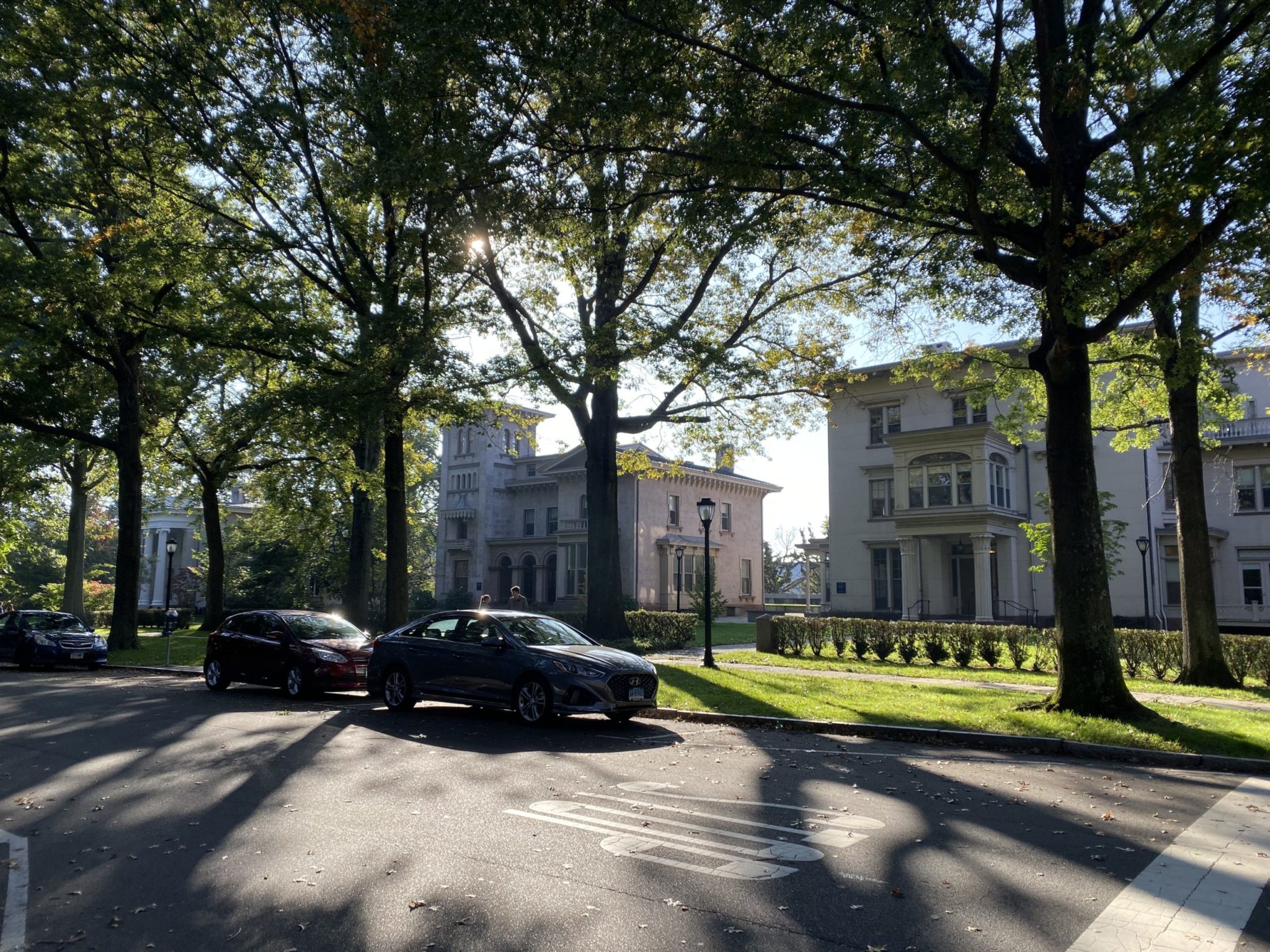Faculty of Arts and Sciences hosts panel for new Yale professors to meet colleagues amidst remote learning

Vaibhav Sharma
Last Friday, new members of the Faculty of Arts and Sciences gathered on Zoom for a panel moderated by Dean of Diversity and Faculty Development in the FAS Larry Gladney. At the panel, Yale professors Jessica Brantley, Nikhil Malvankar, Jack Harris and Ayesha Ramachandran shared their experiences in the Scholars as Leaders, Scholars as Learners (SAL2) program. Panelists reflected on why they joined the program and what they have gained from it.
SAL2 is made up of multiple programs that enable faculty to learn from each other. Some programs within SAL2 allow faculty to take Yale courses while others provide faculty members with coaching services.
“The SAL2 programs have been transformational for many of the faculty who have participated,” said Faculty Arts and Sciences Dean Tamar Szabó Gendler ’87 “SAL2 brings faculty together to create intellectual communities where they can collaborate and thrive.”
The program is made up of a series of smaller programs which members participate in based on their interests, and faculty members apply to take part in specific programs in SAL2. The programs are organized according to three main development goals, which include sustaining faculty learning, fostering faculty leadership and advancing faculty research.
The panel aimed to introduce new faculty members from 2019 or 2020 to the resources available to them, should they apply to SAL2. At the beginning of the panel, Gendler introduced SAL2 and Gladney, the moderator.
“As with all of our efforts here in orientation, we actually get to the meat of what it means to be a Yale faculty member and to progress and be the best scholar you can be in our environment,” Gladney said at the panel.
The first speaker he introduced was Jessica Brantley, department chair and professor of English. She spoke for a few minutes about her own experience with SAL2, specifically with Teaching Relief for Learning, a SAL2 program that allows professors to take two to three courses offered in either Yale College or the Yale professional schools as “students.”
Brantley stated that she was “extremely grateful” for the program. She is currently taking two courses as part of Teaching Relief for Learning and was also part of the SAL2’s coaching program, which pairs faculty members with one-on-one life coaches who offer advice and support.
Harris, a member of the Yale Quantum Institute and a professor of physics and applied physics, also spoke about his experience in Teaching Relief for Learning.
“It’s much more out of the box than anything I expected to encounter in academia,” he said.
Jack Harris added that the courses he took during the program helped him feed his curiosities regarding the connections between the foundations of mathematics and physics.
Ayesha Ramachandran, an associate professor of comparative literature, said that she was interested in SAL2’s coaching program after having positive experiences with coaching support outside of Yale prior to applying for the program.
“[Coaching] forces you to articulate to yourself what you need,” she said.
Ramachandran recounted how coaching helped her “recover from the chaos of being a new parent” after having her second baby. She noted that her coach helped her in many ways, on occasion holding her accountable to deadlines and other times helping her determine what she wanted to research and explore, career-wise.
“It was having somebody ask me the kinds of questions that we don’t ask our colleagues usually,” she said.
The panelists also discussed why they decided to join SAL2. Harris noted that the program allowed him to satisfy his intellectual curiosities, while his coach provided a strong support network for him to organize himself more and to break through his writer’s block.
Nikhil Malvankar, assistant professor of molecular biophysics and biochemistry, said that the coaching program is also what attracted him the most to SAL2.
“I realized I need to learn something completely different,” Malvankar said. “The coach really helped me understand the significance of the work [I was doing]. … I’m so grateful.”
Following this, Gendler spoke about her own experiences with coaching. Gendler also mentioned being one of the only women in her department when she started. After a period of struggling with prioritizing and “making sense of long-term ambition in the light of short-term demands,” she began working with a coach who now works for Yale. Her coach, like many at Yale, has an academic background with a “practical coach’s mind.”
The Scholars as Leaders, Scholars as Learners program was founded as a result of an anonymous donation in 2018.
Ángela Pérez | angela.perez@yale.edu







